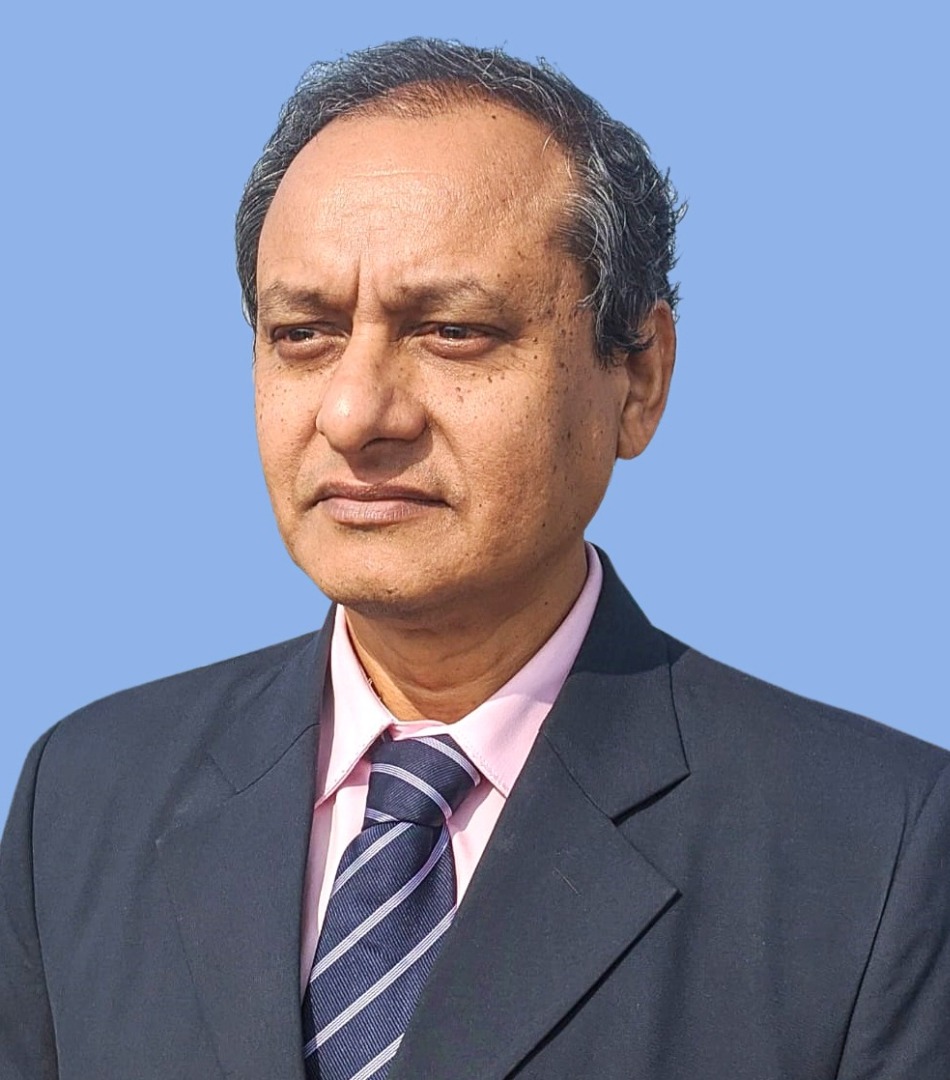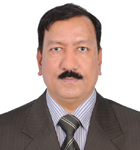ঢাকা ডিক্লারেশন
SECOND MINISTERIAL MEETING OF SOUTH ASIA EFA FORUM
ON
REACHING THE UN-REACHED WITH FOCUS ON DECENTRALIZATION
DHAKA DECLARATION ON EFA
14 December 2009
1. Preamble
Recalling our resolve in Dakar on 28 April 2000 and Katmandu 12 April 2001 to create a South Asia EFA Forum and Islamabad Declaration 21–23 May 2003,
Acknowledging International Development Partners’ support in facilitating the activities of the South Asia EFA Forum and consistent efforts to reaching the un-reached through decentralization of planning and management for achieving Education for All,
We, the Ministers and representatives of Governments and Non-government Organizations from Afghanistan, Bangladesh, Bhutan, India, Maldives, Nepal, Pakistan, and Sri Lanka, attending the Second Ministerial Meeting of the South Asia EFA Forum in Dhaka on 13 – 14 December 2009, recognize the progress and challenges in achieving the EFA goals, especially reaching the un-reached shared by the South Asian countries as reflected in the country reports,
We place on record that despite significant diversities among the countries with respect to size, geography, culture, social dynamics, level of economic development, etc, we consciously select the theme “Reaching the Un-reached with focus on Decentralization” and resource mobilization as our obligations to achieve EFA goals.
2. Achievements
Since EFA Assessment 2000 and Dakar Framework for Action, countries of the region have witnessed notable progress as indicated by:
2.1 Preparation of the National EFA plans through consultative processes with all stakeholders on strategies and policy development;
2.2 Continuous dialogue with International Agencies and Development Partners for enhancement of funding for bridging resource gaps;
2.3 Publication of National Mid Decade Assessment (MDA) reports with regional synthesis and sharing of the outcomes with all countries of the region;
2.4 Enhanced organizational and institutional capacity to meet the challenges ahead;
2.5 Increased activities to implement continuous assessment, especially of learners’ performance and outcome as a basis for in-country and cross-country comparisons;
2.6 Developed linkages between formal and non-formal systems of education through equivalence;
2.7 Built professional partnerships between the Government, Non-government Organizations and Private sector for sharing resources, knowledge and practices to meet the challenges of the EFA and relevant Millennium Development Goals;
2.8 Significant improvement in enrollment and reducing illiteracy, particularly, of girls and women;
2.9 Increased efforts in each country for detailed costing of the Education Plans and its linkage with other national strategies and plans including the Country Poverty Reduction Strategy Paper (PRSP);
2.10 Resources allocated for proactive gender sensitive programmes for quality education including literacy.
3. Challenges
We note with concern that South Asian countries face many formidable challenges such as:
3.1 High level of poverty and illiteracy;
3.2 Limited awareness amongst the un-reached about the EFA programmes;
3.3 Absence of guidelines for promoting public-private partnership;
3.4 Shortage of professionals for planning, implementation and evaluation of EFA programmes;
3.5 Limited use of Information and Communication Technology (ICT);
3.6 Not enough clarity in the role of Local Government;
3.7 Weak South-South and South-North cooperation;
3.8 Inadequate attention to education research;
3.9 Increasing gap in quality of education between the rich and the poor as well as rural and urban population;
3.10 Lack of effective coordination among the Government, Research Institutions and NGOs;
3.11 Absence of redressal mechanisms for the un-reached;
3.12 Relatively poor quality of education and inadequate learning achievement;
3.13 Inadequate systematic and regular evidence of learning outcomes;
3.14 Absence of reliable and consistent database to monitor the progress of EFA goals;
3.15 Inadequate funding for EFA from Government and other domestic sources;
3.16 Limited funding from the international community;
3.17 Non-fulfillment of Islamabad Declaration on allocation of 4% of the GDP for education;
3.18 Lack of balance in prioritizing the budget allocation for programmes;
3.19 Limited involvement of the local Government in management and financing education;
3.20 Insufficient budgetary allocation to non-formal education and skill development;
3.21 Global economic crisis inhibiting the Government and Development Partners to maintain or enhance the level of financing;
3.22 Absence/inadequate application of standards, norms and regulations for private educational institutions;
3.23 Inadequate institutional provisions for education and educational support of children affected by disaster, conflicts and post conflict situations.
4. Collective Statement
Taking note of the above achievements as well as challenges and our commitment towards implementation of the Dakar Framework for Action for achieving EFA goals, we recognize that education is the most crucial factor influencing the economic, social, political and human aspects of life and to ensure peace, solidarity and prosperity of the nations of this region;
We, therefore, collectively affirm and commit, in the context of Reaching the Un-reached to :
4.1 Enforce the right to education for all effectively, if needed through amendment or fresh legislation to make it justiciable
4.2 Examine the main causes of exclusion and barriers to education for the un-reached;
4.3 Identify the un-reached groups;
4.4Prepare a disaggregated database;
4.5 Review/enact law for decentralization of formal and non formal education planning and management;
4.6 Review and reformulate education policies and practices to reach the un-reached;
4.7 Review/prepare necessary policies, strategies and practices for effective decentralization;
4.8 Strengthen institutional and organizational capacity for education planning and management;
4.9 Ensure participation of all stakeholders including community, media and civil society organizations in achieving EFA goals;
4.10 Establish effective monitoring, evaluation and feedback mechanisms for measuring the outcomes;
4.11 Establish network and collaboration with other sectors contributing to EFA;
4.12 Undertake a comprehensive assessment of resource requirement for achieving EFA with specific reference to reaching the un-reached;
4.13 Allocate at least 6 percent of the GDP to education;
4.14 Avail all opportunities for mobilizing internal collaborative fund;
4.15 Determine the gap between the required and internally available resources;
4.16 Mobilize resources through external funding;
4.17 Ensure better coordination and cooperation among the countries of South Asia for resource mobilization;
4.18 Determine the gap in the availability of human resource and create adequate infrastructure for its development;
4.19 Urge the Development Partners and corporate sector to increase/provide funding to ensure realization of EFA goals by 2015;
5. Concluding Statement
We, the participating South Asian countries, ensure wide dissemination of this Dhaka Declaration along with strategies (South Asian Strategies for Reaching the Unreached) formulated to reach the un-reached and play a proactive role incorporating and reflecting the commitment of the declaration through review of the National Plans of Action for EFA as well as other working documents and activities.
We also acknowledge the contributions of Bangladesh in organizing the Second Ministerial Meeting of South Asia EFA Forum in Dhaka.
We announce that India has agreed to consider favourably organizing the Third Meeting of the South Asia EFA Forum in 2011.
The theme of the Third Ministerial Meeting of the Forum will remain unchanged, “Reaching the Unreached” with the focus on implementation of Katmandu Joint Statement, Islamabad Declaration and Dhaka Declaration






